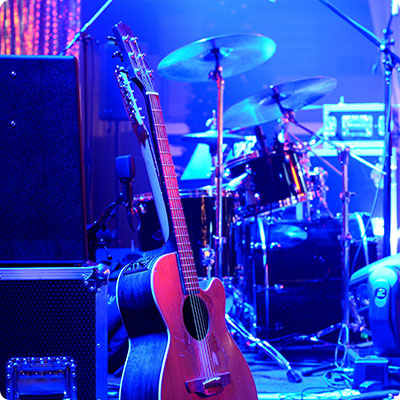A young but lively cinema
In 1953, the first Guinean film, Mouramani, appeared on the screens. Considered by some to be the very first African film, this 20-minute short tells the story of the friendship between a man and his dog. Guinea quickly established a state-owned film industry in 1958. Institutions such as Sily-Cinéma encouraged artists to get involved in creation. Thus, the scriptwriter Cheik Doukouré built a career between France and Guinea by collaborating with directors such as Michel Audiard, Jean-Louis Trintignant or Claude Zidi. In 1986, he collaborated on the film Black Mic-Mac by Thomas Gilou, a comedy with a political background. He began directing with Blanc d'ébène (1992), the story of an opposition between Warrant Officer Mariani, a colonist in love with Africa but hated by all, and Lanseye Kanté, a teacher and independence fighter. Three years later, he confirmed his talent with Le Ballon d'or, a fictional story inspired by the true story of Salif Keïta, the first African golden ball. It was also at this time that, under the impetus of cultural policies or in co-production with France, the first Guinean films appeared on international screens. Gahité Fofana, a documentary filmmaker, depicted Guinean realities in films such as Tanun (1994) and Mathias, le procès des gangs (1997). At the same time, Mama Keïta directed several fictions between France, Senegal and Guinea such as Ragazzi (1991), Le Sourire du serpent (2007) or L'Absence (2009), the last film of the late Mouss Diouf.
Born in Conakry, Cheick Fantamady Camara studied cinema in Ouagadougou, before returning to Guinea. His first film, Il va pleuvoir sur Conakry (2007), will be seen around the world. An incisive nugget, where the filmmaker uses the life of a cartoonist to highlight the dysfunctions of the country. A few years earlier, director Manthia Diawara visited the capital in Conakry Kas (2004), an edifying documentary on the cultural revolution and its current legacy. Accompanied by personalities and friends such as Danny Glover and Harry Belafonte, Diawara questions the destiny of a country and its inhabitants.
Today, Guinean cinema is struggling to export itself, despite multiple initiatives and a young generation that is trying to shine on the international scene. Among these figures, the director Isabelle Kolkol Loua makes films highlighting the problems of plastic management and immigration that are those of contemporary Guinea. Her latest film, The Way (2019), won the Moussa Kémoko Diakité award for best director. An award in the name of one of the great producers of the first generation of Guinean filmmakers, whose film Naitou l'orpheline (1982) was awarded the Unesco prize at the Pan-African Festival of Ouagadougou in 1984. Proof that, despite its chequered history, Guinean cinema is worth a look.














